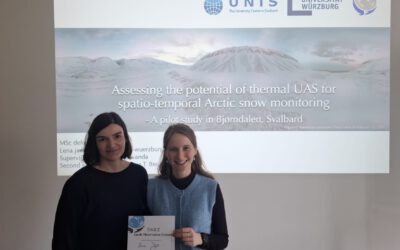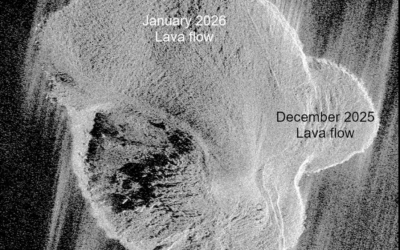 This is a book about how ecologists can integrate remote sensing and GIS in their daily work. It will allow ecologists to get started with the application of remote sensing and to understand its potential and limitations. Using practical examples, the book covers all necessary steps from planning field campaigns to deriving ecologically relevant information through remote sensing and modelling of species distributions.
This is a book about how ecologists can integrate remote sensing and GIS in their daily work. It will allow ecologists to get started with the application of remote sensing and to understand its potential and limitations. Using practical examples, the book covers all necessary steps from planning field campaigns to deriving ecologically relevant information through remote sensing and modelling of species distributions.
This books explains how to apply remote sensing and GIS to ecological research projects. It will provide practical examples cover each step, from planning through to remote sensing and modelling. Only OpenSource software will be used for the examples such as R, QGIS and GRASS.
further information at http://remote-sensing-biodiversity.org/rsecology-book








